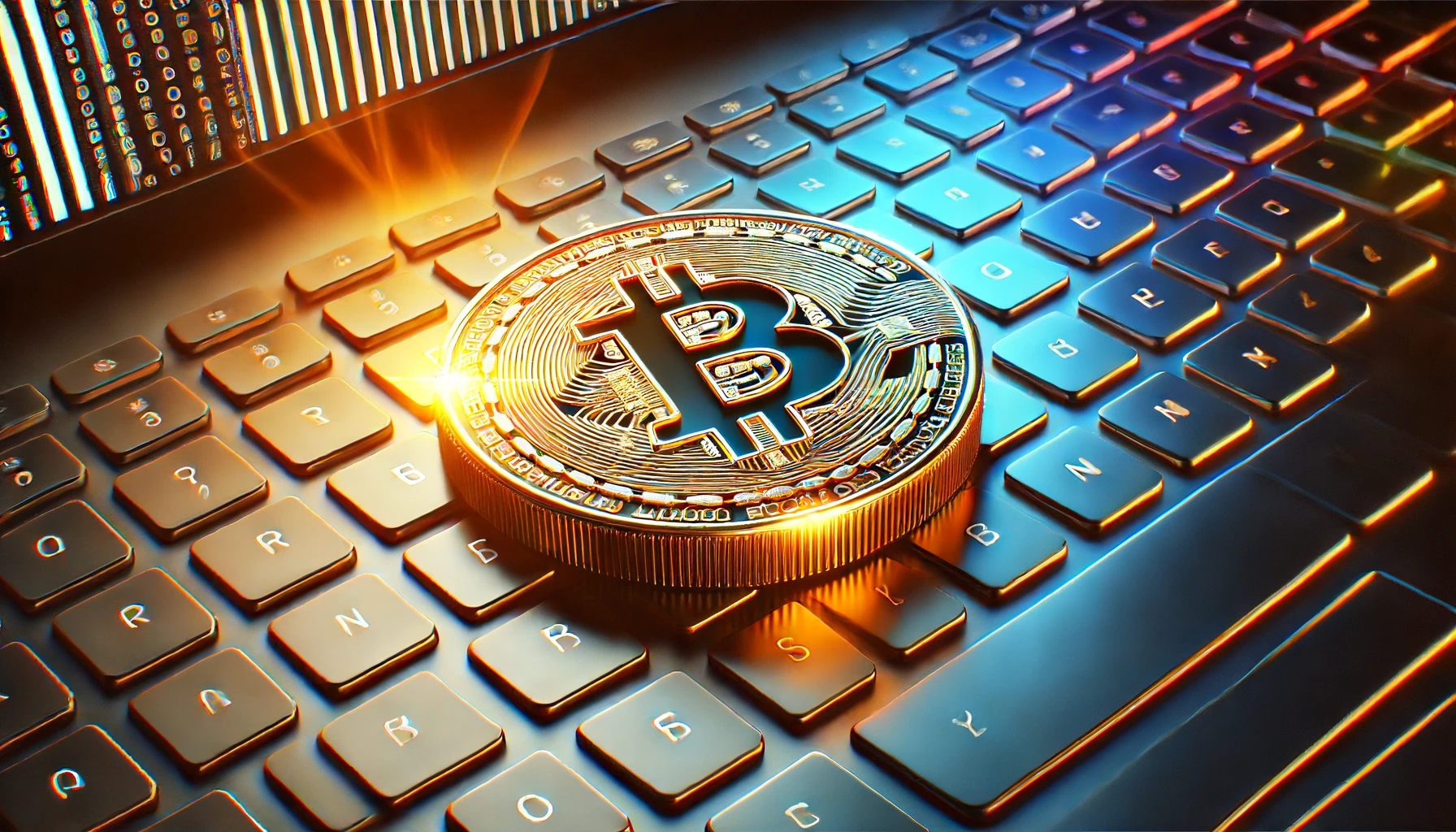At the Blockchain Futurist Conference, industry leaders discussed the transformative potential of Web 3.0 gaming. The focus was on how blockchain technology is reshaping the gaming industry, enabling robust player economies, and creating new opportunities for developers and players alike.
Points
- Web 3.0 gaming leverages blockchain to enhance player ownership and in-game economies.
- Developers can earn significantly more in Web 3.0 compared to traditional gaming models.
- Games on platforms like Telegram are leading the way in onboarding users to the Web 3.0 space.
- The integration of blockchain allows for trading and true ownership of in-game assets.
- Web 3.0 gaming is positioned as a gateway to broader cryptocurrency adoption.
The future of gaming is being redefined by Web 3.0, a topic that took center stage at this year’s Blockchain Futurist Conference in Toronto, Canada. Executives from leading companies like World3, Helika, and Anomaly Games shared their insights on how blockchain technology is set to revolutionize the gaming industry by creating decentralized economies and empowering both developers and players.
Long Do, CEO of Anomaly Games, kicked off the discussion by highlighting his company’s mission to abstract away the technical complexities of blockchain, making it accessible to the average gamer. According to Do, the true value proposition of Web 3.0 gaming lies in its ability to generate real income for developers, contrasting sharply with the often underwhelming earnings in traditional gaming. “I believe that 50% of game developers make less than $2,000 over their entire career, but in Web 3.0, developers statistically earn much more,” Do explained.
Michael Grills, Product Director at World3, expanded on this by discussing the robust player economies enabled by blockchain. He emphasized that community trading of in-game assets—much like collectible trading card games—offers a major opportunity in Web 3.0 gaming. “The community is the opportunity in Web 3.0 because trading and actual ownership of assets are incredibly exciting for gamers and more profitable for the community,” Grills noted.

Anton Umnov, co-founder and CEO of Helika, further emphasized the importance of onchain games as a gateway to broader cryptocurrency adoption. He noted that onchain games account for a significant portion of transactions on certain blockchain networks, making them an essential entry point for new users into the crypto ecosystem.
The rise of gaming on platforms like Telegram exemplifies this trend. Casual games integrated with the Telegram Open Network (TON) are driving user growth in the Web 3.0 space. As Ruslan Fakhrutdinov, CEO of X10, pointed out, this strategy could position Telegram as a leader in onboarding the first billion users to the crypto ecosystem. In July 2024, Helika and Notcoin—a popular Telegram-based tap-to-play game—announced a $50 million gaming accelerator program to foster further development of Telegram games.
Looking ahead, the potential for Web 3.0 gaming to disrupt the traditional gaming industry is immense. By enabling true ownership of in-game assets, facilitating player-to-player trading, and creating vibrant in-game economies, Web 3.0 gaming is poised to redefine how games are played, developed, and monetized. Moreover, as major tech players continue to invest in the metaverse and immersive technologies, the integration of Web 3.0 principles into gaming could lead to unprecedented opportunities for both developers and players.
解説
- Blockchain and Gaming Economies: The integration of blockchain into gaming allows for the creation of decentralized economies where players truly own and can trade their in-game assets, leading to more dynamic and profitable gaming experiences.
- Onboarding New Users: Web 3.0 games, especially those on accessible platforms like Telegram, are crucial for bringing new users into the crypto ecosystem, potentially expanding the market significantly.
- Developer Earnings: Web 3.0 offers game developers higher earning potential compared to traditional gaming, making it an attractive space for innovation and talent.
- Future of Gaming: The fusion of gaming with blockchain technology and the growing interest in the metaverse suggest that Web 3.0 gaming will play a pivotal role in the future of digital entertainment.
